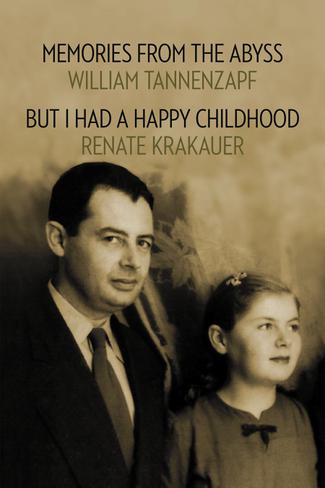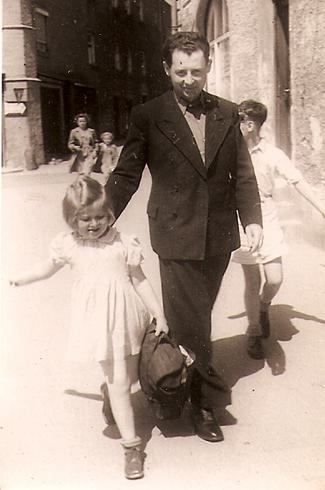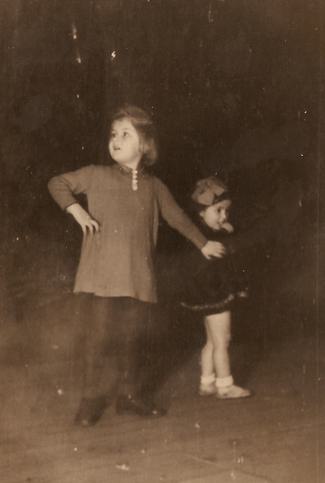Memories from the Abyss/But I Had A Happy Childhood
Strong, savvy and intelligent, William Tannenzapf never wavers in his determination to survive and save his wife and baby girl from the clutches of evil gripping his hometown of Stanisławów. Blond, blue-eyed and cherubic, Renate Krakauer was a “miracle baby” born as the world descended into war and soon surrounded by misery and death. Starving and enslaved, Tannenzapf entrusts his daughter to a Polish family so that little Renate can live in “childhood oblivion” – yet still under the eyes of her loving parents. Later reunited and thrown into the trials of refugee and immigrant life, Krakauer’s thoughtful observations provide fascinating insight into the perceptions and feelings of a child survivor and offer a poignant counterpoint to Tannenzapf’s adult reflections on the same events. This gripping volume offers the reader the rare opportunity to read survival stories from two members of the same family.
Introduction by Michael Brown
- At a Glance
- William Tannenzapf:
- Poland
- Forced labour
- Hiding
- Postwar Germany, displaced persons camp
- Arrived in Canada in 1948
- Renate Krakauer:
- Poland
- Hidden child
- Postwar Germany, displaced persons camp
- Arrived in Canada in 1948
- Adjusting to life in Canada
176 pages, including index
*Note: If you are affiliated with an educational institution in Canada, books can be ordered free of charge. For more information click here.






